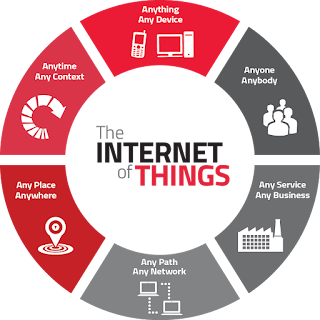Understanding & making use of the Internet Of Things revolution
 |
| Photo from http://tblocks.com/ |
Various companies around the world use Internet Of Things to manage fleet while monitoring mileage and even engine health. IoT is useful in monitoring parking spaces availability in city congested areas. Even Diageo is joining fun whereby messages are sent out when a Johnny Walker bottle is opened! IoT can also be used in payment processing based in location or activity duration for public transport, gyms, theme parks, etc.
It can be also used to monitor the quality of tap water in cities and for monitoring of water level variations in rivers, dams and reservoirs. This sounds like something Accra really needs. Maybe the next AMA supported hackathon should focus on this? The Trotro Data Throwdown was cool though! Zoomlion would find the ability to detect rubbish levels in containers to optimize the trash collection routes very useful. E-Commerce is starting to thrive a bit in Ghana. IoT can enhance that by getting intel through point of sale with info on customer habits, preferences, etc. Remember iCow? Well, various companies in Ghana like Farmable are using technology in the agricultural sector to monitor cows, etc.
Have you heard of a Fitbit? That's IoT in action. Some friends of mine have been wearing it. It challenges to walk more, sometimes doing as much as 5000 steps in one day. I walk a lot anyway, so I don't really need a Fitbit (yet). I've seen a lot of Samsung made watches and Apple watches used similarly but these devices are able to do much more - phone calls, act as calendars, used for playing music, etc!
 |
| See the cow? Photo from Ogilvy |
The possibilities for IoT are endless though. Imagine we have smart cars and a smart city transport system all communicating? We will get better traffic flow optimization, where traffic lights can pick up changes in traffic flow and different conditions. Drivers will get to know about traffic and street conditions, and we can have better mobility. I know Dumsor is back but if our electricity system is working like it should, this is possible!
At the heart of making IoT work, is network connectivity. There is no organization better placed to support this effectively in Ghana like Vodafone Ghana. They have the broadband connections, they have a wide network and millions of subscribers and even more SIM cards in the system. They don't say "Power to You", they're also a fan brand. Check out Vodafone's M2M website to learn more about their IoT solutions.
Comments